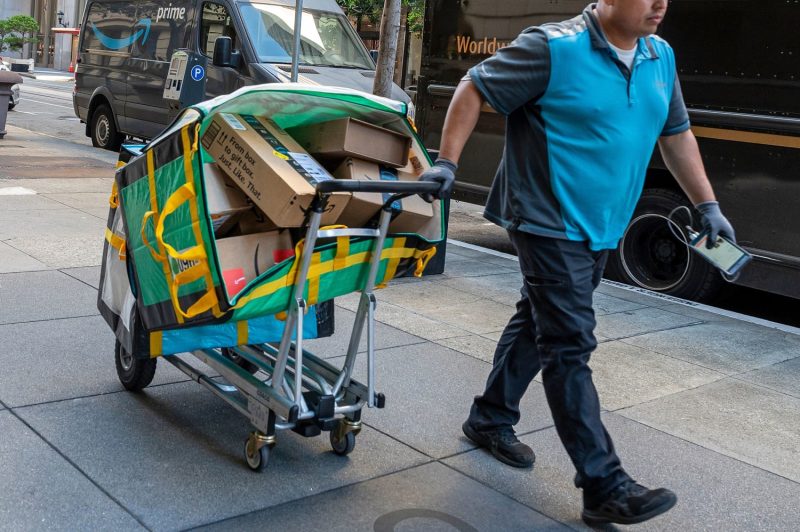Amazon Sued by D.C. Attorney General for Allegedly Excluding Neighborhoods from Prime Delivery
The recent lawsuit filed by the Attorney General of Washington D.C. against Amazon brings to light a crucial issue concerning equitable access to services in urban neighborhoods. The complaint alleges that Amazon has been discriminating against certain predominantly Black neighborhoods by excluding them from the benefits of its Prime delivery service. This action raises serious concerns about the impact of such practices on marginalized communities and the need for companies to ensure fair and equal treatment for all customers.
In response to the lawsuit, Amazon has defended its practices by stating that the decision to offer Prime delivery in specific areas is based on various factors, including delivery routes, customer demand, and proximity to distribution centers. While these reasons may seem logical from a business perspective, they fail to address the underlying issue of potential discrimination and unequal access to essential services.
The exclusion of certain neighborhoods from Prime delivery not only limits the convenience and efficiency of shopping for residents but also perpetuates existing disparities in access to goods and services. In a society where convenience and speed of delivery are increasingly valued, being left out of such services can further isolate already marginalized communities and hinder their ability to participate fully in the digital economy.
Moreover, the lawsuit draws attention to the broader problem of algorithmic bias and the potential impact of technology-driven decision-making on equity and fairness. As companies rely more on data and algorithms to optimize their operations, there is a risk that biases, whether intentional or unintentional, may seep into decision-making processes and result in discriminatory outcomes.
Moving forward, it is crucial for companies like Amazon to not only address the specific allegations in the lawsuit but also to reevaluate their approach to serving diverse communities. This includes adopting more transparent and inclusive processes for determining service coverage, conducting regular audits to detect and correct any biases in algorithms, and actively engaging with community stakeholders to better understand their needs and concerns.
Ultimately, the lawsuit against Amazon serves as a reminder of the importance of vigilance in ensuring that technology and innovation do not inadvertently deepen existing social inequalities. By taking proactive steps to promote fairness and inclusivity in their operations, companies can not only avoid legal challenges but also contribute to building a more just and equitable society for all.
